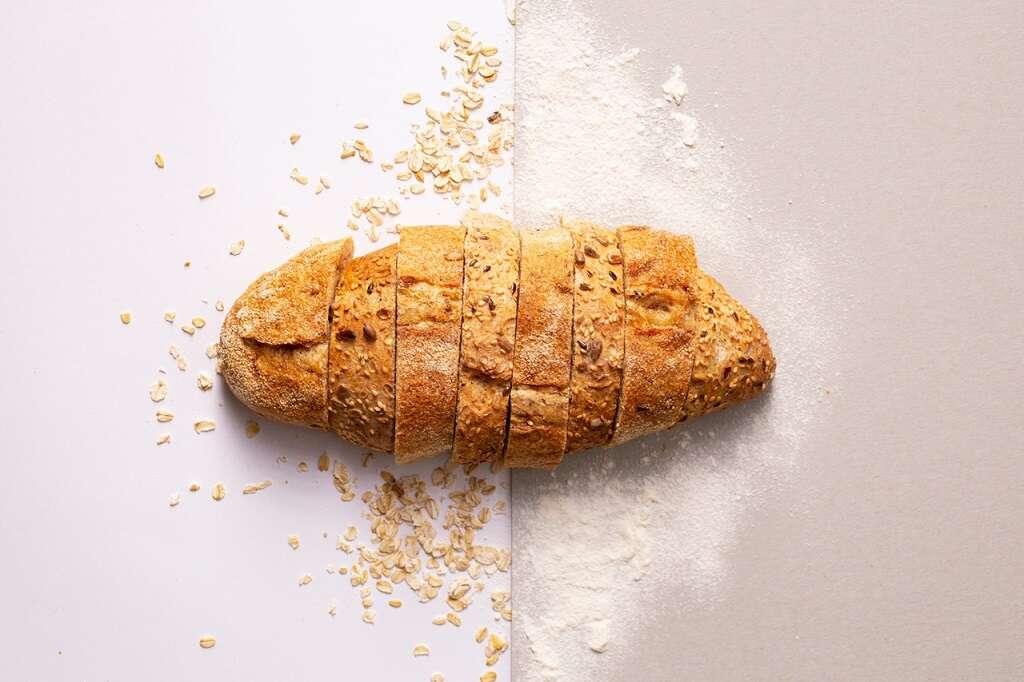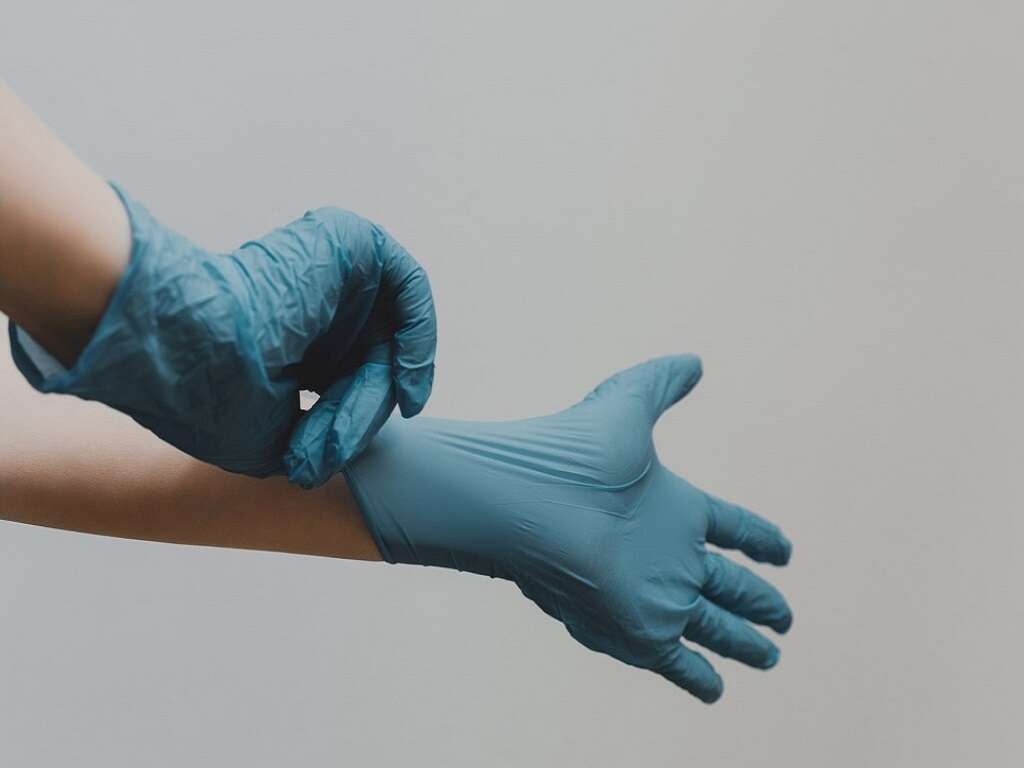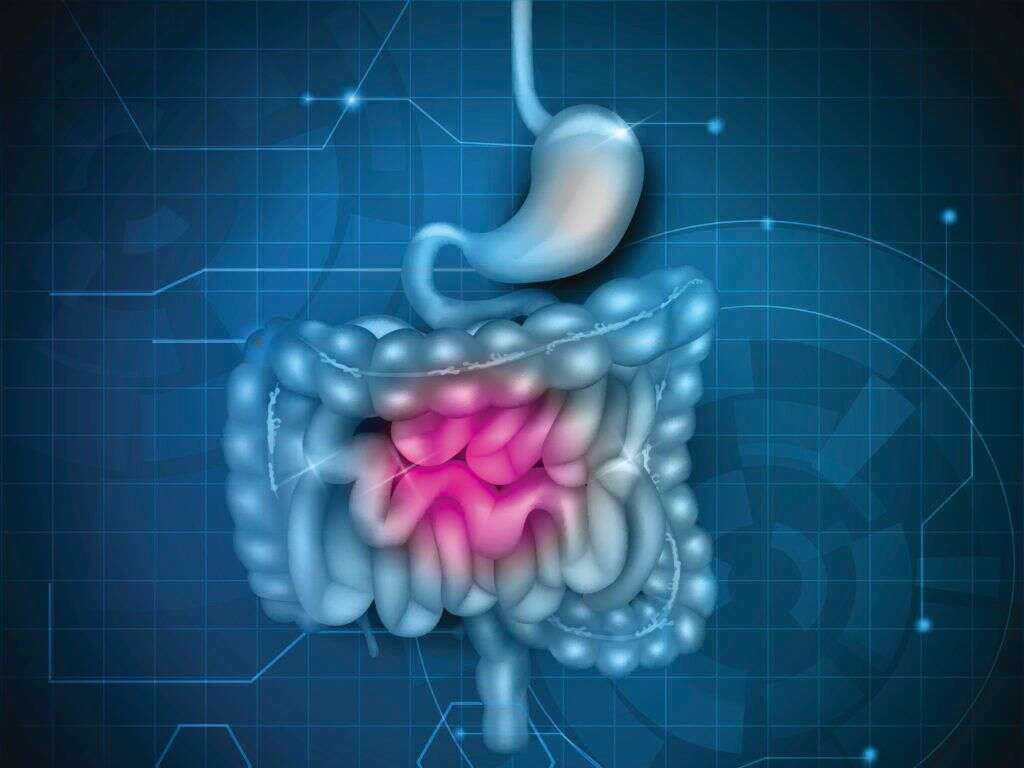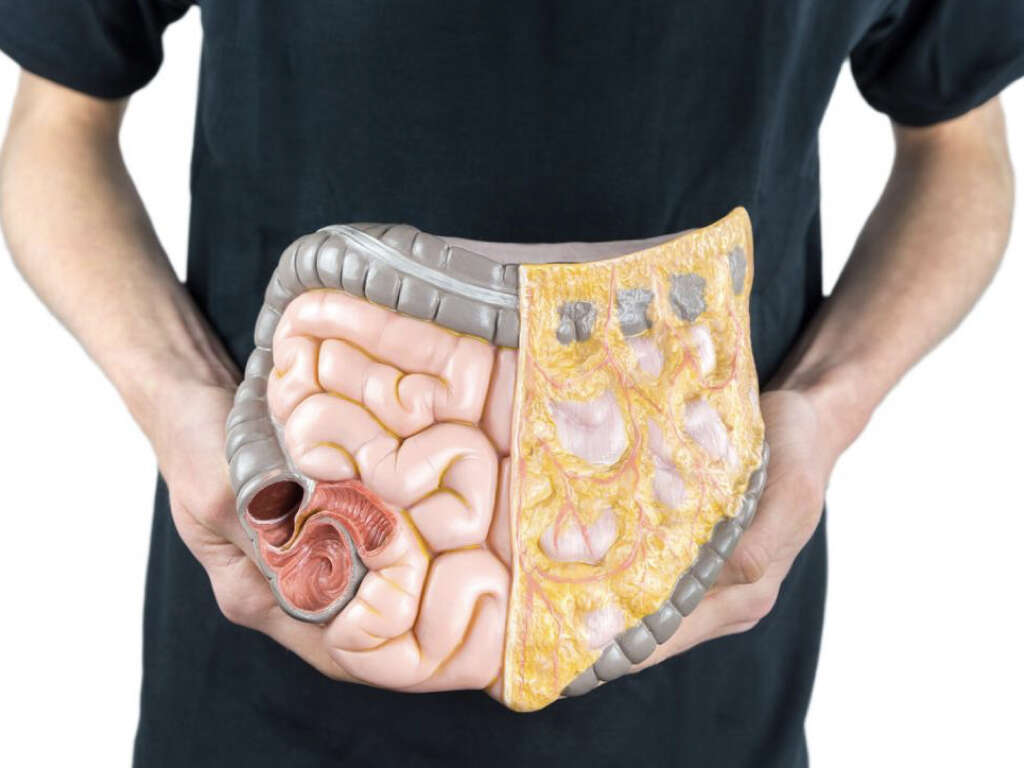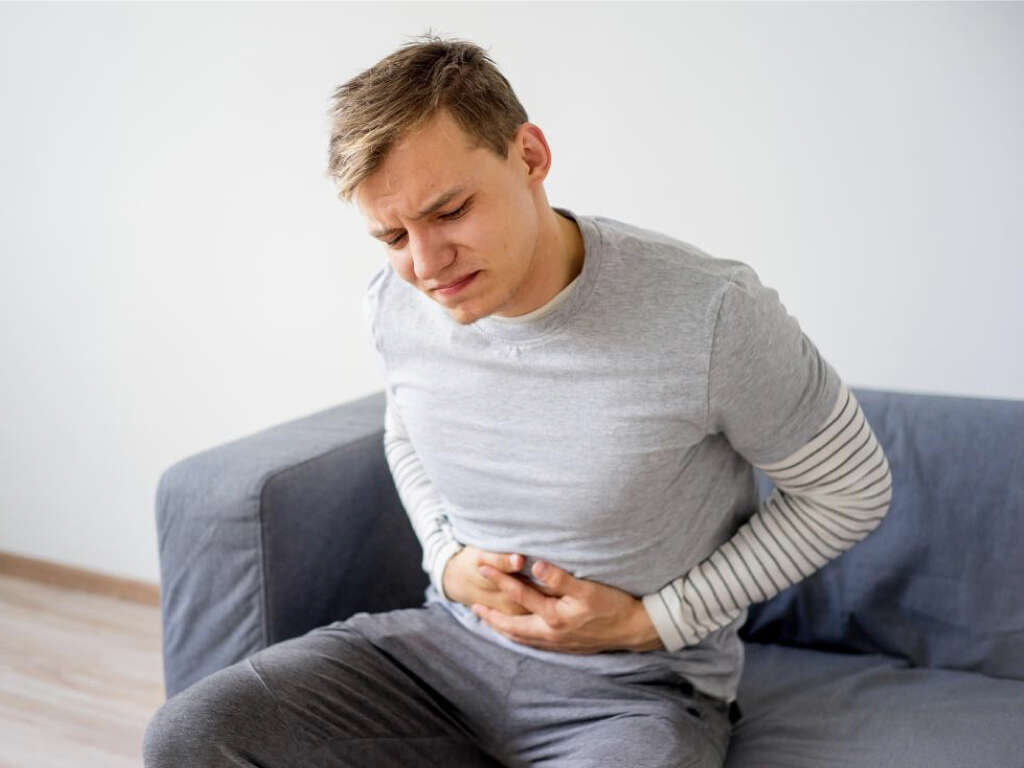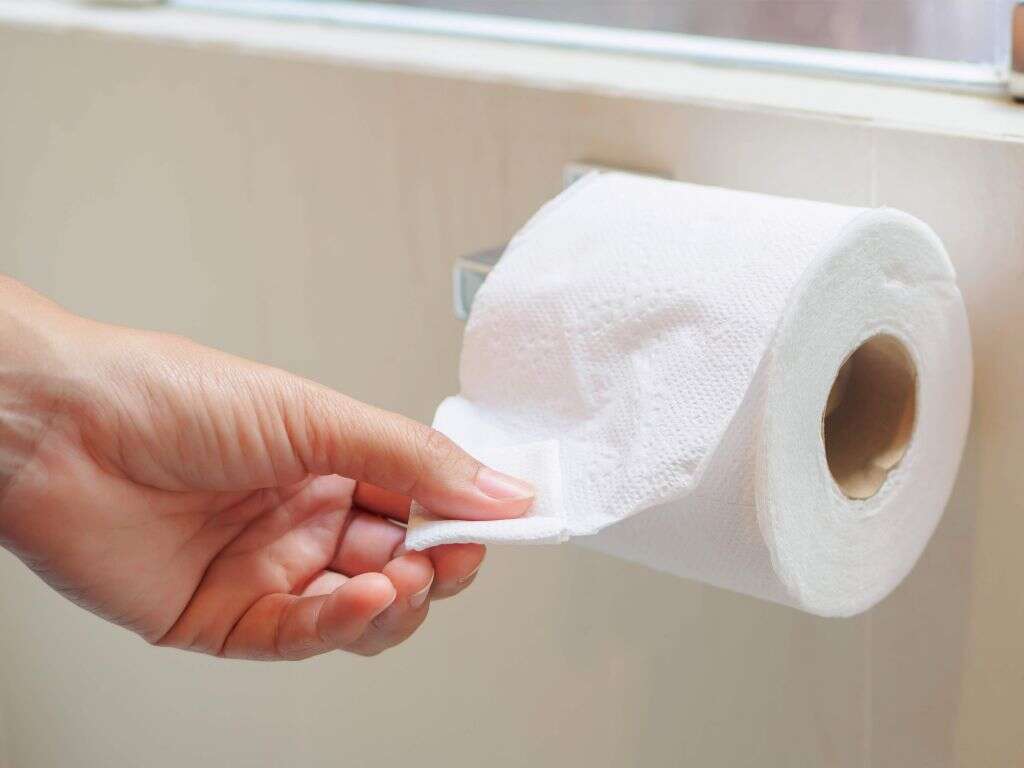Large Intestine Function Overview
 Article Sources
Article Sources
- 1. Quigley, Eamonn M M. 'Gut Bacteria in Health and Disease.' Gastroenterology & Hepatology, Millennium Medical Publishing, Sept. 2013, www.ncbi.nlm.nih.gov/pmc/articles/PMC3983973
- 2. Rinninella, Emanuele, et al. 'What Is the Healthy Gut Microbiota Composition? A Changing Ecosystem across Age, Environment, Diet, and Diseases.' Microorganisms, MDPI, 10 Jan. 2019, www.ncbi.nlm.nih.gov/pmc/articles/PMC6351938
- 3. Sender, Ron, et al. 'Revised Estimates for the Number of Human and Bacteria Cells in the Body.' PLoS Biology, Public Library of Science, 19 Aug. 2016, www.ncbi.nlm.nih.gov/pmc/articles/PMC4991899
- 4. Hsiao, William W L, et al. 'The Microbes of the Intestine: an Introduction to Their Metabolic and Signaling Capabilities.' Endocrinology and Metabolism Clinics of North America, U.S. National Library of Medicine, Dec. 2008, www.ncbi.nlm.nih.gov/pmc/articles/PMC4411945
- 5. Sears, Cynthia L. 'A Dynamic Partnership: Celebrating Our Gut Flora.' Anaerobe, Academic Press, 27 June 2005, www.sciencedirect.com/science/article/abs/pii/S1075996405000685
Passage of Food Into the Gut
The gut reabsorbs water from undigested food, compacts it into feces and stores it until it's defecated. When food passes from the small intestine into the large intestine, it stays there long enough for the gut bacteria to ferment it.
Gut bacteria break down some of the products of digestion in the small intestine. The large intestine absorbs some of these products, which include saccharides. Humans can digest three disaccharides at most.
Advertisement
